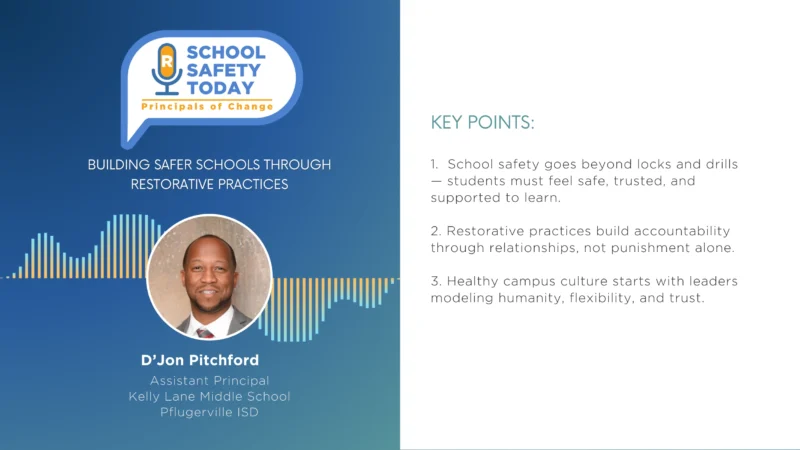Mastering Effective Reading Instruction: Insights for Teacher Preparation & Implementation
Here we explore the science of reading and its practical implications for teacher preparation. The discussion emphasizes the importance of incorporating research-based and evidence-based practices into teaching methodologies. It highlights the need for easily accessible materials that provide the latest insights into reading and writing development. The conversation sheds light on the existing gap between academic research and its implementation in classrooms, underscoring the significance of collaboration between educational institutions, school districts, and policymakers to bridge this divide effectively. Several challenges are addressed, such as establishing comprehensive systems for teacher development, including securing institutional support, ensuring adequate funding, and recruiting highly skilled instructors. Practical advice is offered for district administrators on identifying credible sources and experts to navigate the complexities of the science of reading.
- Exploring the Science of Reading: Delve into the intricate theories, methodologies, and empirical research that form the foundation of effective reading instruction, unlocking a deeper understanding of the underlying principles at play.
- Evidence-Based Approaches to Enhance Reading: Discover a comprehensive range of evidence-based strategies, including phonics instruction, vocabulary development, fluency exercises, and comprehension techniques, all tailored to optimize reading proficiency and comprehension.
- Bridging the Research-Practice Gap: Explore the complex challenges faced by educators in translating research findings into practical classroom strategies, investigating the impact of this gap on student learning outcomes, and identifying strategies to bridge the divide.
- Accessible and Teacher-Friendly Resources: Recognize the critical need for easily accessible and user-friendly materials that synthesize the latest research on reading and writing development, empowering educators to implement evidence-based practices with confidence and efficacy.
- Nurturing Highly Skilled Instructors: Gain insights into comprehensive approaches for equipping teachers with the necessary knowledge, tools, and support to effectively implement evidence-based practices in reading instruction, fostering a culture of continuous improvement and professional growth.
- Collaborative Models for Success: Explore successful collaborative models between universities, school districts, and policymakers, fostering partnerships that promote ongoing professional development, create robust feedback loops, and ensure effective implementation of evidence-based practices.
- Practical Guidance for District Administrators: Receive actionable recommendations and practical strategies specifically designed for district administrators, equipping them to navigate the dynamic landscape of the science of reading, critically evaluate perspectives, and make informed decisions that optimize student literacy outcomes.



